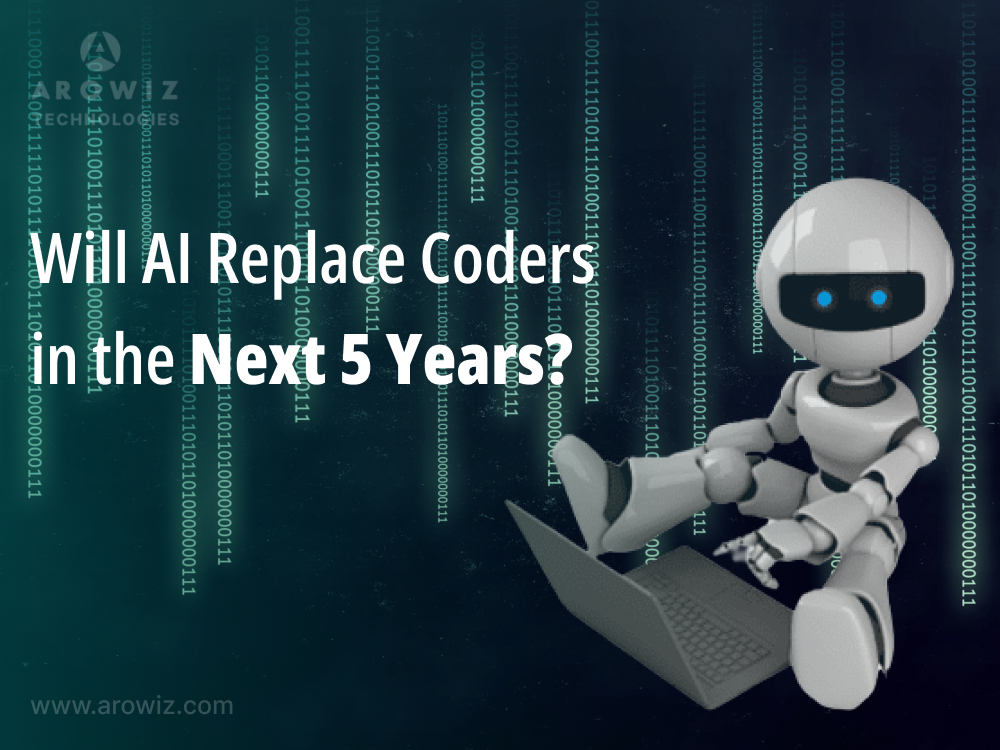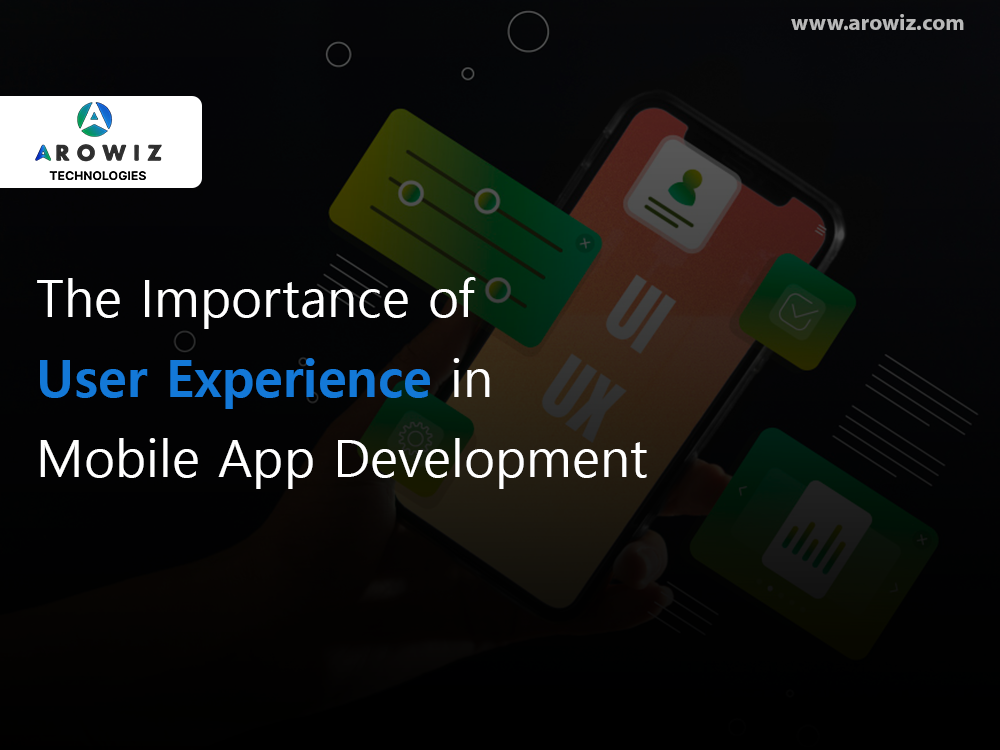In the past two years, AI has become a game-changer in every industry, and ready to automate every repetitive tasks….
Will AI Replace Coders in the Next 5 Years?
admin
- May 12, 2024
3 min read

In the past two years, AI has become a game-changer in every industry, and ready to automate every repetitive tasks.
ChatGPT-4 and Google Gemini Ultra, among the leading AI chatbots, are gradually replacing human jobs every day.
According to news ChatGPT predicts AI to replace 5 million jobs. It’s an AI model used by companies for specific roles and can handle more tasks.
In a interview with author Peter H. Diamandis, Emad Mostaque, CEO of Stability AI, suggested that there may be no programmers within the next five years.
Should we acknowledge this inevitability and inform society that coding is no longer necessary?
There’s solid evidence that AI has outpaced human coders. Let’s explore three key points:
Supercharge your startup with our FREE MVP Guide E-Book
Download it now to kickstart your growth and turn your ideas into reality.
- In 2023, ChatGPT successfully passed Google’s software developer high-level exam.
- GitHub found that 46% of code in all programming languages is made with Copilot.
- DeepMind’s AlphaCode outperformed 45% of 5,000+ expert programmers in its debut.
All these advancements occurred within the first year of ChatGPT’s release. What technological advancements can we expect in the next 5 years?
Reasons AI could replace coders: —
1. Automation of repetitive tasks: AI can already automate many routine coding tasks, such as generating basic code from natural language descriptions or writing boilerplate code. This can free up programmers’ time for more complex and creative work.
2. Increased efficiency and productivity: AI-powered tools can help programmers write code faster and more efficiently. For example, GitHub’s Copilot suggests code completions and functions, while DeepMind’s AlphaCode has even surpassed human programmers in some coding competitions.
3. Evolving capabilities: AI is constantly learning and evolving, and its capabilities in code generation and understanding are likely to improve significantly in the coming years.
Reasons AI may not replace coders: —
1. Creativity and problem-solving: Coding often requires creativity, critical thinking, and the ability to solve complex problems. These are skills that AI is still struggling to grasp, and it’s unlikely that AI will be able to fully replicate them anytime soon.
2. Understanding complex requirements: Translating complex requirements and specifications into code is a crucial part of the coding process. While AI can assist with this, it often lacks the nuanced understanding of human needs and contexts that’s necessary for truly successful software development.
Supercharge your startup with our FREE MVP Guide E-Book
Download it now to kickstart your growth and turn your ideas into reality.
3. Human oversight and maintenance: Even if AI could generate code independently, it would still require human oversight to ensure its quality, security, and ethical implications. Additionally, maintaining and updating AI-generated code would likely require human intervention.
Conclusion —
Overall, it’s more likely that AI will augment and empower coders rather than replace them entirely. The future of coding likely involves a collaborative partnership between humans and AI, where AI handles the repetitive tasks and frees up human programmers to focus on the more creative and strategic aspects of software development.
Pro Tips — AI’s impact on coding varies by field. As AI evolves, coder roles shift, creating new opportunities in AI development.
Tags
- aiChatGPTCodingsoftware developmentTrends
Our New Letter
Get productivity tips delivered straight to your inbox
Ready for more?

Arowiz Technologies is a Central India-based customer Centric software development & Expert IT Staff Augmentation company ...
FOR JOBS
hr@arowiz.comFOR SALES
sales@arowiz.comMARKETING / BLOGS
info@arowiz.comGET CONNECTED
Top Industry
About Us
Top Services
Hire Expert Developers
- AI / ML Developers
- Blockchain Developers
- DevOps Developers
- Web3 / Gaming Developers
- Full Stack Developers
- AR / VR – Meta Developers
- Python Developers
- Solidity Developers
- Node.js Developers
- ReatJs Developers
- Next.Js Developers
- Flutter Developers
- React Native Developers
- Golang Developers
- Mobile App Developers








